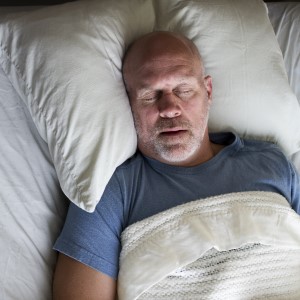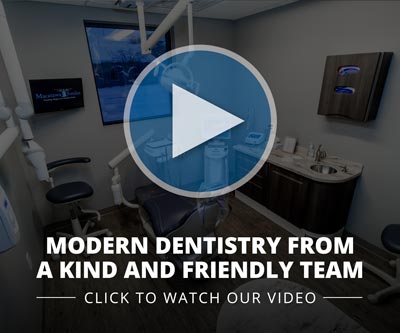Risk Factors of Obstructive Sleep Apnea
https://www.macatawasmiles.com/wp-content/uploads/2021/04/obstructive-sleep-apnea-holland-mi-dentist.jpg 300 300 Macatawa Smiles Macatawa Smiles https://www.macatawasmiles.com/wp-content/uploads/2021/04/obstructive-sleep-apnea-holland-mi-dentist.jpg Obstructive sleep apnea is a serious disorder that causes you to stop breathing between 5 and 30+ times per hour. Not only does this deprive your body of oxygen but it can also disrupt your sleep and lead to further health complications.
Obstructive sleep apnea is a serious disorder that causes you to stop breathing between 5 and 30+ times per hour. Not only does this deprive your body of oxygen but it can also disrupt your sleep and lead to further health complications.
The good news is that our dentist can help you recognize the signs of obstructive sleep apnea. Dr. Habecker can also create a sleep apnea device to help bring your jaw forward and prevent episodes.
Here’s what else you need to know.
Risk Factors
You can still have obstructive sleep apnea if you don’t have these risk factors. That’s why it’s so important that you bring up any concerns to your dentist or family doctor. If they confirm your suspicions, they may recommend wearing a sleep apnea appliance at night.
Here are some of the main .
Being Male: Men are to have sleep apnea than premenopausal women. Although, if you’re a woman, your risk of obstructive sleep apnea increases after menopause.
Being 50+ Years Old: Your risk for obstructive sleep apnea increases with age.
Having a Large Neck Circumference: A thicker neck could mean that your airway is narrower than the average person’s. The narrower your airway is, the harder it is to move air through your nose and throat. In general, your risk for obstructive sleep apnea is higher if you have a neck circumference greater than 16 inches (for a woman) or 17 inches (for a man).
Excess Weight: When you’re overweight, the soft tissue is more likely to collapse at the back of the throat while you sleep. This blocks your upper airway. Losing weight may decrease your risk of obstructive sleep apnea.
Main Causes
If you have obstructive sleep apnea, the muscles at the back of your throat relax and collapse while you sleep. This narrows your windpipe and makes it more difficult for you to breathe.
This passageway may even close, depriving your body of oxygen and causing a buildup of carbon dioxide. At this point, the body will recognize the danger and force you to wake up.
Keep in mind that you could have sleep apnea and be completely unaware. That’s because the times that you wake up are so brief that you won’t remember them in the morning.
If you’re unsure if you have obstructive sleep apnea, ask your partner if they’ve noticed any symptoms. It’s not uncommon for people with sleep apnea to wake up suddenly during the night and make a choking, gasping, or snorting sound. Your partner may have also witnessed a long pause in your breathing while you sleep.
Symptoms of sleep apnea include:
- Loud snoring
- Excessive daytime drowsiness
- Difficulty concentrating
- Waking up with a sore throat or dry mouth
- Waking up with a headache
- Nighttime sweating
- High blood pressure
If you recognize any of these symptoms, please don’t hesitate to call our office. Dr. Habecker will help you plan out your next steps so you can receive an official diagnosis and tailored treatment plan.
Treatment for Obstructive Sleep Apnea
Dr. Habecker may recommend that you wear a sleep apnea appliance to help bring your jaw forward while you sleep. That way, you reduce your risk of the soft tissues collapsing near the back of your throat. This helps to keep your airways clear so you can get a good night’s sleep.
Request an Appointment With Dr. Habecker
Dr. Brenton Habecker is an experienced family dentist in Holland, MI. To request an appointment, please call Macatawa Smiles at (616) 396-7524. You may also fill out our online contact form and someone from our office will reach out to you soon.


